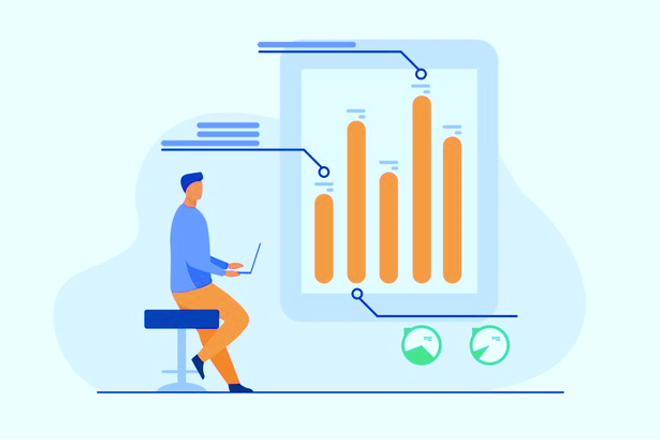Various software tools have been developed in an attempt to make data management and analysis as efficient and beneficial as possible. One such important tool that most have at least heard about is data management platform, abbreviated as DMP. Companies utilize or DMP for various internal purposes, while firms serving as data brokers use it to gather the information that they can later sell. To find out more about what are data brokers and how they function, check out this helpful post at Coresignal. As for this article, let us look at the other ways to use DMP in business.
What is a data management platform?
The most basic answer is that it is just what one can read from the name – a platform, in other words – a tool for managing data. Managing in this case involves such important functions as collection, organization, classification, and segmentation of the data.
The data in question is usually customer data. This includes demographics and other customer identification data as well as available customer behavior data. DMP also stores such information as cookie IDs and mobile identifiers as it is geared specifically for targeted ad campaigns and other marketing purposes. Which brings us to what matters the most for business professionals – the functions and utility of the data management platform.
Using the data management platform
The general purpose of the data management platform, as hinted above, is to store and organize customer data in a way that helps to improve marketing. However, on the one hand, this main purpose translates into many uses and benefits for the company and, on the other, marketing advantages are not the only kind that DMP brings to the table.
Some of the main beneficial functions of the data management platform are as follows.
Customer segmentation
The data collected and stored in the DMP allows segmenting the audience by the pre-established important features of the customers. Thus, the customers can be grouped together based on, for example, age, gender, or job title. This fuels the targeted online marketing campaigns on social media and elsewhere as particular ads are tailor-made for specific segments.
User profiling
DMP also gathers information that can be used to create user profiles which enables to improve both marketing campaigns and user experience for the website visitors. Additionally, this allows to offer personal recommendations for users fitting a particular profile.
Customer modelling
This refers to the creation of various theoretical models of how a client for the product or service of the company could look like. The well-known examples of such models are the ideal customer profile (ICP) and the buyer persona. As DMP stores valuable customer and marketing data, it allows to recognize the similarities shared by the best clients of the company. These common features can then be used to create ICPs and other models for defining high-value customers. Such models, when well-defined and accurate, improve future marketing and sales efforts.
General business intelligence
As a data gathering and management tool, DMP also plays its part in acquiring high-quality business intelligence. Analysing the marketing and audience data is bound to reveal valuable insights regarding the current market opportunities and threats which can lead to improvements on the product.
These are just a few of the ways in which businesses use the data management platform, but they are enough to show why this tool continues to be very popular. Of course, as is always the case, the tool itself has to conform to a high standard of quality. Luckily, there certainly are enough DMPs in the market for businesses to choose from.
DMP vs. CRM
To end this overview of the data management platform it is necessary to compare it with another software tool that is sometimes confused with it. Namely, it is a customer relationship management (CRM) platform.
These two platforms are in some cases considered as complementing each other, while in others – as competing. They both are concerned with customer data, but each tends to specialize on the different aspects and goals of it.
DMP, as presented in this article, is primarily a marketer’s tool, as it collects and segments data that helps to improve the marketing strategies and targeted ad campaigns. CRM, as is hinted in the name, is primarily about relationships with the existing customers. Thus, it’s main goal is efficient management of client data and high rates of customer retention. Of course, just like with DMP, more than one beneficial result can be achieved with CRM and the advantages of both systems overlap in some cases.
Choosing which tool to use or whether the usage of both is called for is highly case-specific. At the end of the data, the utility brought by any of the systems depends on how well it is utilized by the firm using it.




